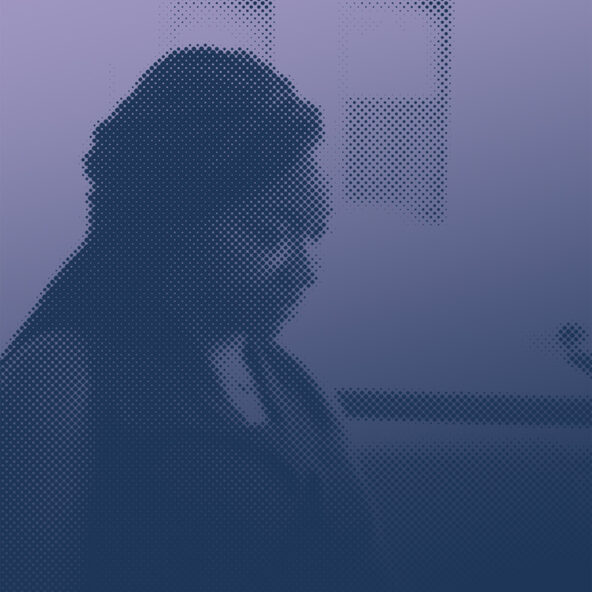What is the Public Sector Equality and Human Rights Duty?
The Public Sector Equality and Human Rights Duty (the Duty) is contained in Section 42 of the Irish Human Rights and Equality Commission Act 2014. It places a statutory obligation on public bodies to have regard to human rights and equality considerations in the performance of their functions.
Why is the Duty important?
Implementing the Duty means public bodies address human rights and equality issues in a proactive way, rather than waiting until an issue or complaint arises, before addressing it. The Duty has an important role to play in supporting public bodies to deliver efficient accessible services to citizens and communities, in particular those at risk of inequality and discrimination. It supports a public service-wide approach to equality, human rights, diversity and inclusion. The Duty applies across all functions of a public body, and implementing it puts equality and human rights into the mainstream of how public bodies carry out their daily work.

What is a public body?
In the IHREC Act 2014 the definition of a public body for the purposes of the Duty includes:
- a Department of State,
- a local authority,
- the Health Service Executive,
- a university or institute of technology,
- an education and training board,
- “any other person, body or organisation established by an enactment (other than the Companies Act), by charter, by Ministerial scheme or under the Companies Act in pursuance of powers conferred by or under another enactment and financed wholly or partly by the Government, whether through the provision of funds, loans or the issuing of shares”
In addition, any other person, body, organisation or group financed wholly or partly out of moneys provided by the Oireachtas, may, in the public interest, be prescribed as a public body by the Minister for Children, Equality, Disability, Integration and Youth's mission, following consultation with the Irish Human Rights and Equality Commission. To date, no public body has been prescribed.
What do public bodies need to do?
By law, public bodies need to put in place policies and actions to:
- eliminate discrimination
- promote equality of opportunity and treatment of its staff and the people they provide services to, and
- protect the human rights of its members, staff and the people they provide services to.
They also need to:
- Assess- Carryout an assessment of equality and human rights issues, relevant to the functions of the public body.
- Address- Identify the actions/policies/plans the public body propose to take to address the equality and human rights issues identify during the assess step.
- Report – Report on progress made under the Assess and Address steps in your organisation’s annual report in a manner that is accessible to the public.

How does the Irish Human Rights and Equality Commission support and monitor public bodies?
We have legal powers to monitor and provide information, guidance and education to public bodies to understand and meet their statutory obligations under section 42 of the Irish Human Rights and Equality Act 2014.
We have developed guidance and training materials, such as our eLearning module, to support public bodies.
Where we consider that there is evidence that a public body is failing to perform its functions in line with the Duty, we can invite a public body to:
- carry out a review;
- prepare and implement an action plan to address equality and human rights issues related to the performance of its functions; or both.

eLearning course
We have developed an eLearning module to support and encourage staff in public bodies to understand equality and human rights concepts and principles and legislation and build a shared understanding of equality and human rights in the public service, supporting better quality of services and better work environment.

